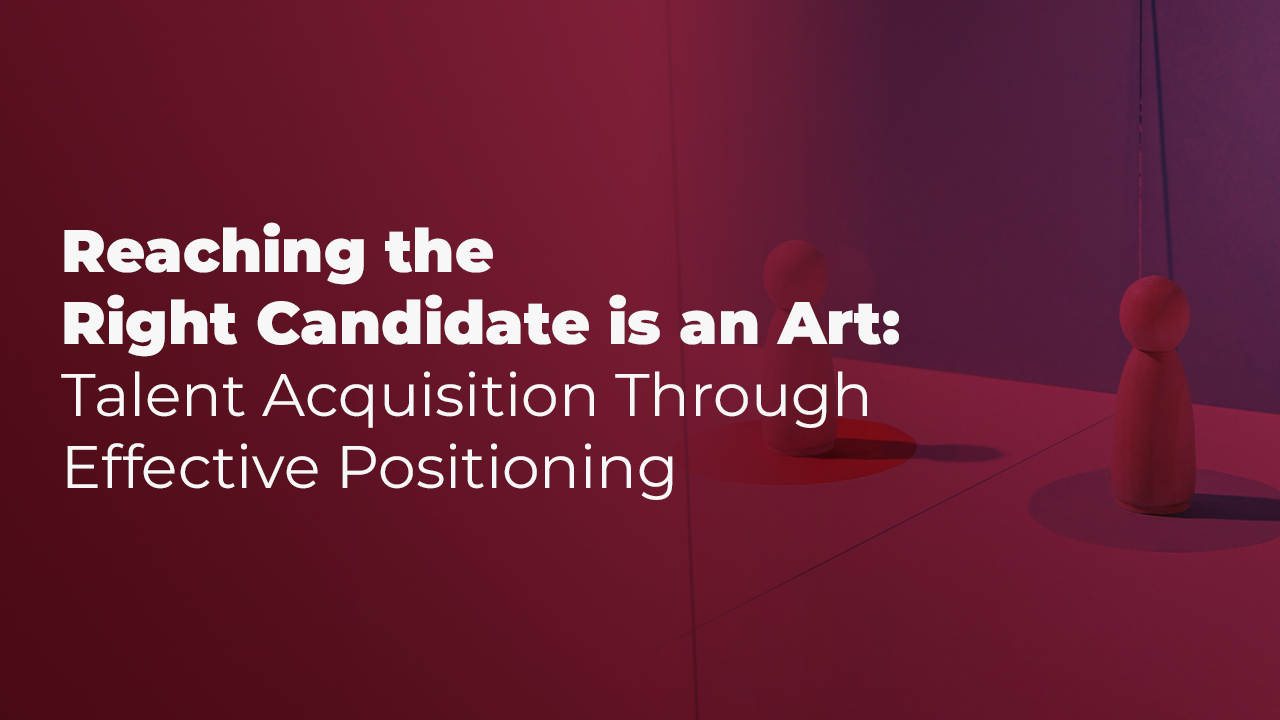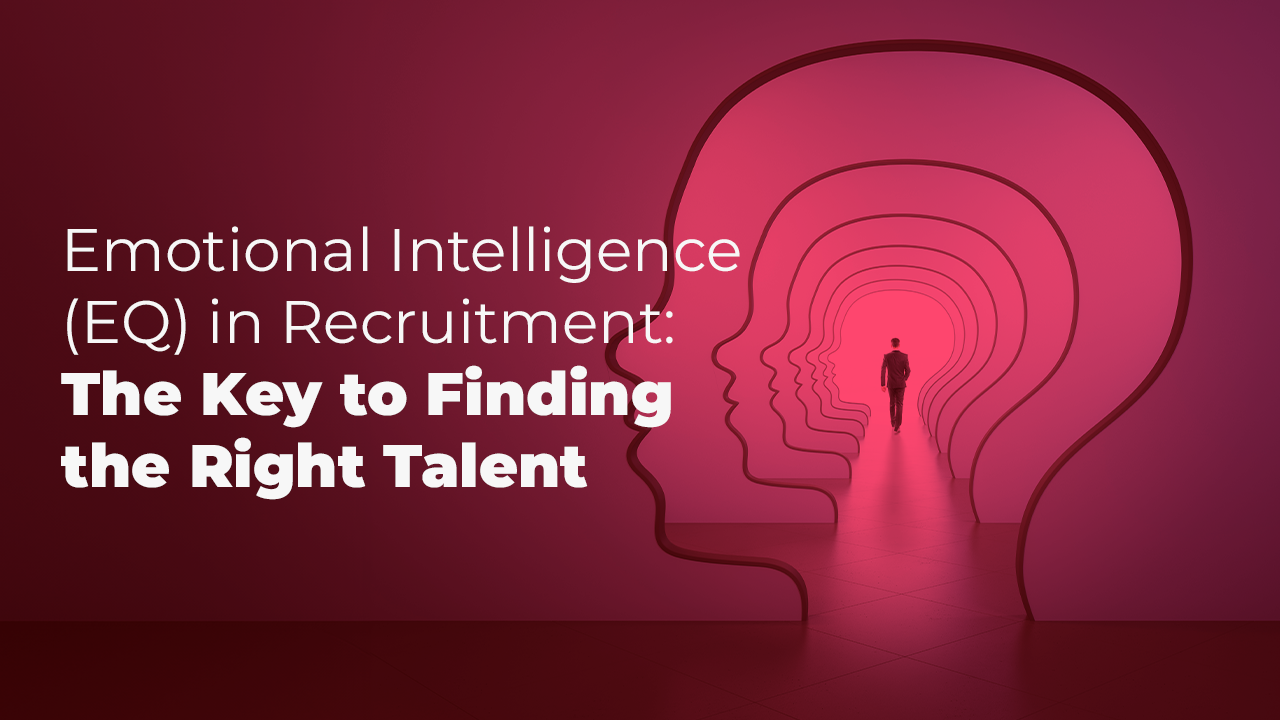Reaching the Right Candidate is an Art: Talent Acquisition Through Effective Positioning
The First Misconception in Hiring: “We Posted the Job, Now We Wait”
Many companies still approach hiring as a fairly mechanical process. A job posting is created, shared on a few platforms, applications are collected, and resumes are reviewed.
The problem is this: today’s labor market isn’t that simple. Qualified candidates are often already employed—and in many cases, they don’t even see your job ad.
Here’s the critical point: reaching the right candidate isn’t just about posting a job; it starts with effective positioning. Just as a brand builds a connection with customers, an employer brand must meet potential candidates in the right way.
Why Talent Acquisition is Different
Recruitment and talent acquisition are often used interchangeably—but there is a key difference:
- Recruitment: Short-term solutions to fill an open position.
- Talent Acquisition: A strategic, medium- to long-term approach to build a pipeline of talent for critical future roles.
Talent acquisition is not just about filling a vacancy—it’s an investment in the future.
Positioning: How Candidates See You
Positioning may remind you of marketing—but it applies to employer branding as well. How do candidates perceive your company?
- Do they see you as innovative or traditional?
- How is your employee experience reflected externally?
- What impression do you give regarding social responsibility, diversity, and development opportunities?
According to LinkedIn’s 2023 Global Talent Trends report, 75% of candidates research a company’s culture and values before considering a job offer. So it’s not only about salary and benefits; it’s about your company’s identity and story.
Four Steps to Effective Positioning
- Clarify Your Employer Brand
- What values make you unique?
- What distinctive experiences do you offer your employees?
- Use the Right Channels
- Social media for young talent
- Industry networks and conferences for experienced professionals
- Speak the Candidate’s Language
- Job descriptions should go beyond duties
- Answer the question: “Why should I work here?”
- Ensure Continuity
- Positioning isn’t only during open job postings
- Employee stories, success cases, and social media content strengthen candidate relationships continuously
Case Study: Why Some Job Ads “Get Noticed”
📍 Company X
A technical, cold job description: “Looking for a candidate with X role, Y software experience, Z years of experience.”
Result: Few applications, underqualified candidates.
📍 Company Y
A candidate-focused job description: “We are looking for team members to shape the future with us. While working here, you will gain development opportunities and influence business processes.”
Result: High application volume, strong candidate profiles, higher acceptance rates.
The difference? Positioning. Candidates seek not just a job—they seek experience and meaning.
Strategic Talent Acquisition: Not Just HR’s Responsibility
Another critical point: talent acquisition is not only HR’s responsibility—it involves the entire executive team. A candidate evaluates not only the job but also the company, its vision, and its leadership:
- Messages conveyed by C-level executives
- The company’s approach to societal issues
- Practices showing employee engagement
According to Glassdoor, companies with strong employer brands receive 50% more qualified applications. Gallup reports that organizations with high employee engagement experience 59% lower turnover, while LinkedIn shows that 70% of candidates are passive, meaning they aren’t actively job hunting but will act if the right opportunity arises.
This emphasizes that effective positioning is critical for reaching passive candidates.
Future Outlook: Talent Wars Are Intensifying
In the coming years, especially in technology and creative industries, finding the right candidate will become even more challenging. Talent pools are limited while demand is rising. Companies will need to attract talent not only through job postings but through strategic programs:
- Partnerships with universities
- Diversity and inclusion initiatives
- Development-focused employee experiences
Candidates Are Researching You Too
In the past, only companies evaluated candidates. Today, candidates also investigate employers:
- Employee reviews
- Social media content
- Company stance on current events
Sometimes a candidate’s perception of your company is shaped by a single, genuine LinkedIn post from an employee—or even by positive or negative Google reviews.
Conclusion
Modern hiring is no longer just about finding the right resume—it’s about connecting the right person to the right experience. This requires:
- A strong employer brand
- Strategic positioning
- Continuous communication and follow-up
Reaching the right candidate is a carefully designed, strategic process. Next time you plan a hiring campaign, ask yourself:
“Are we merely filling positions, or are we acquiring the talents of the future?”


